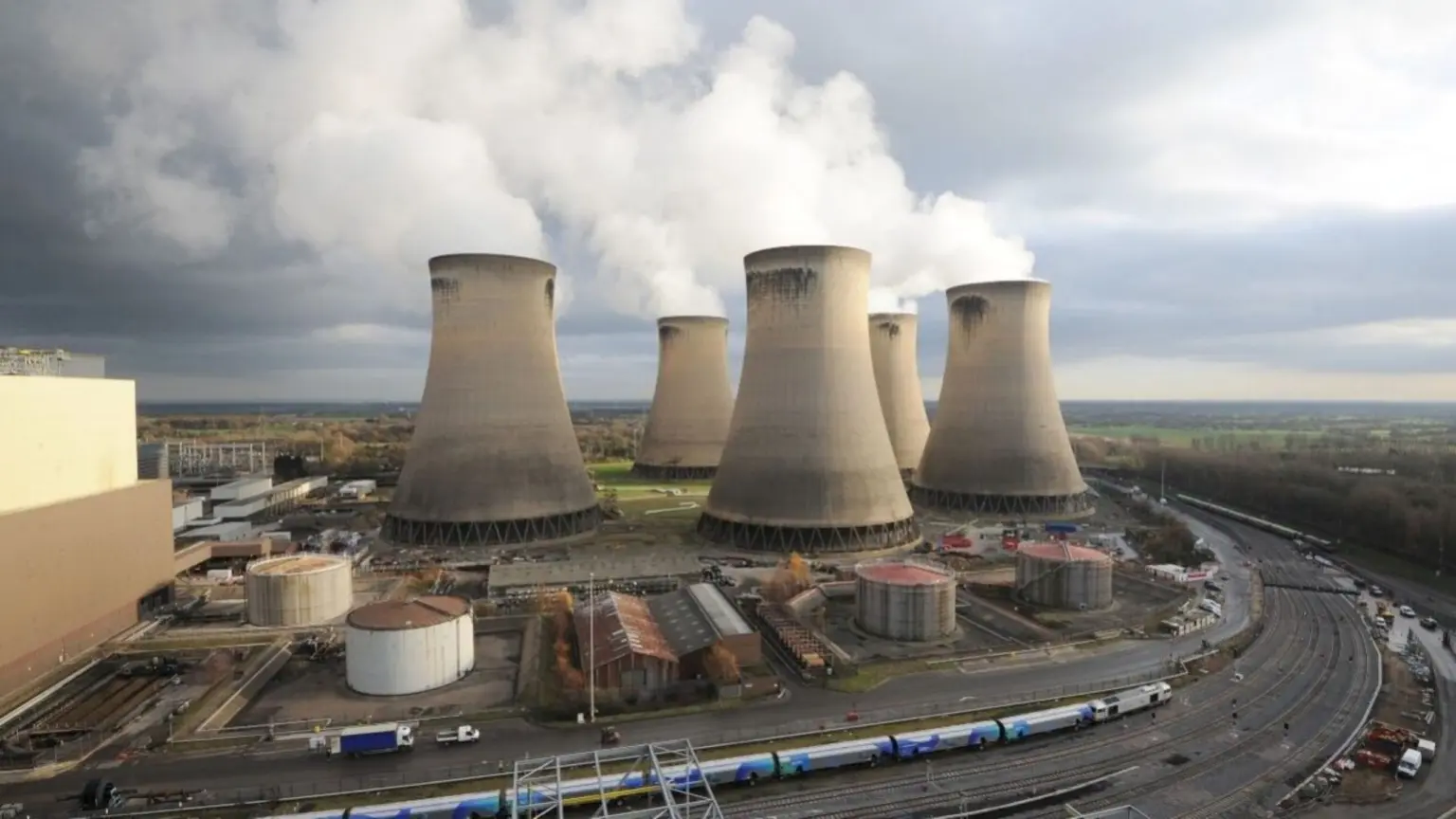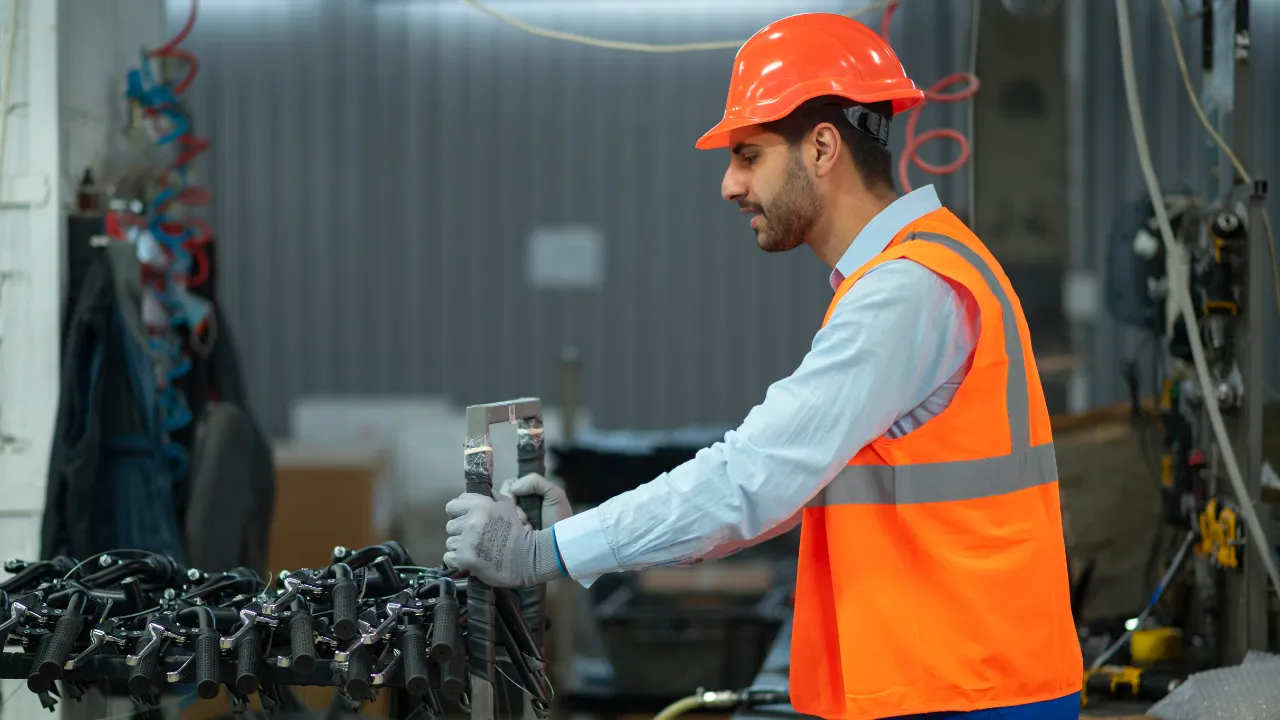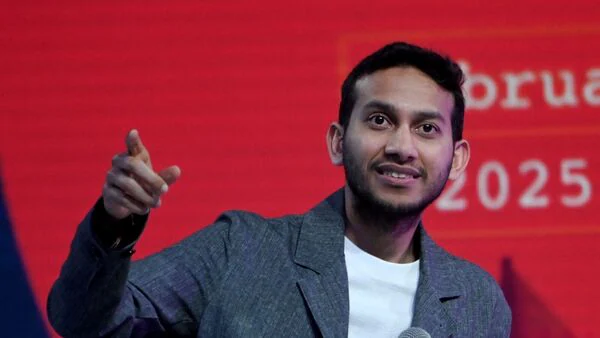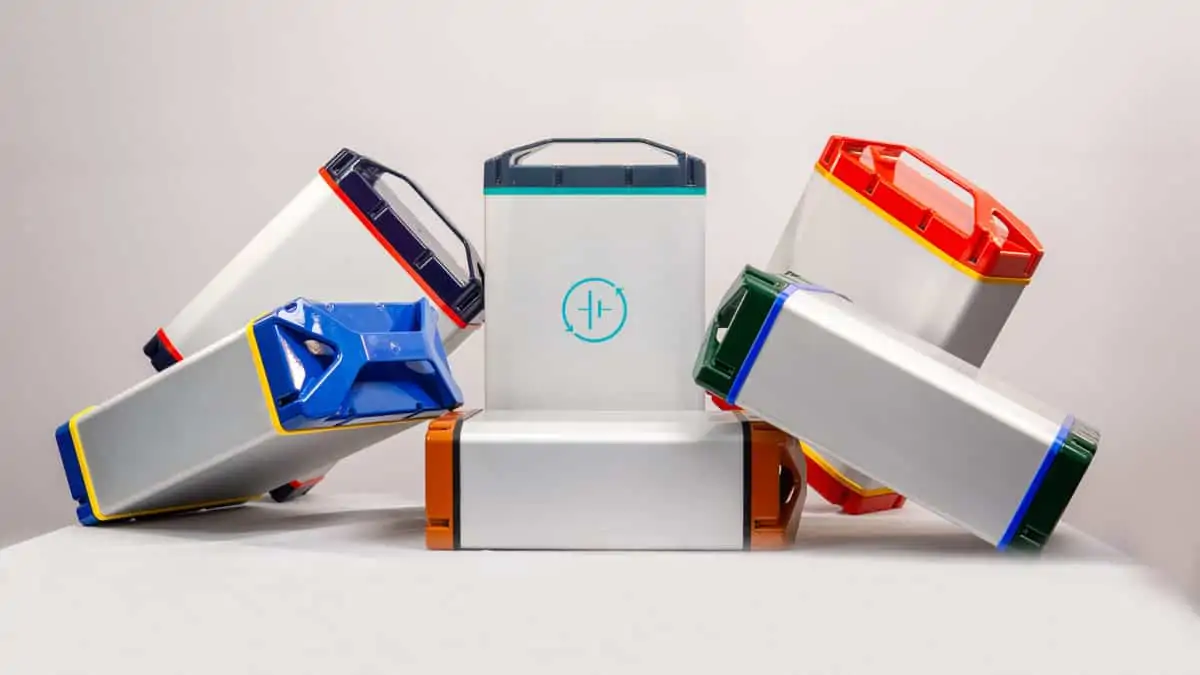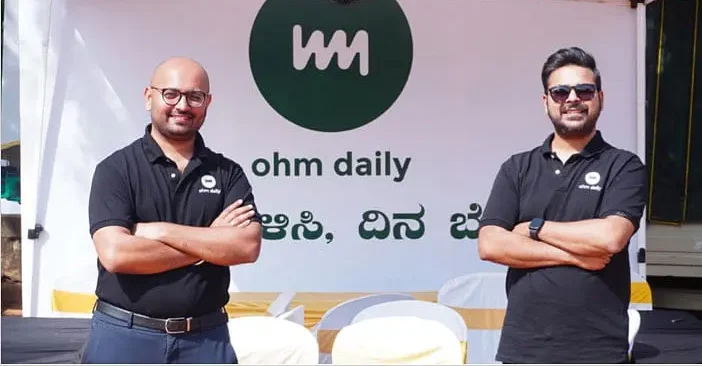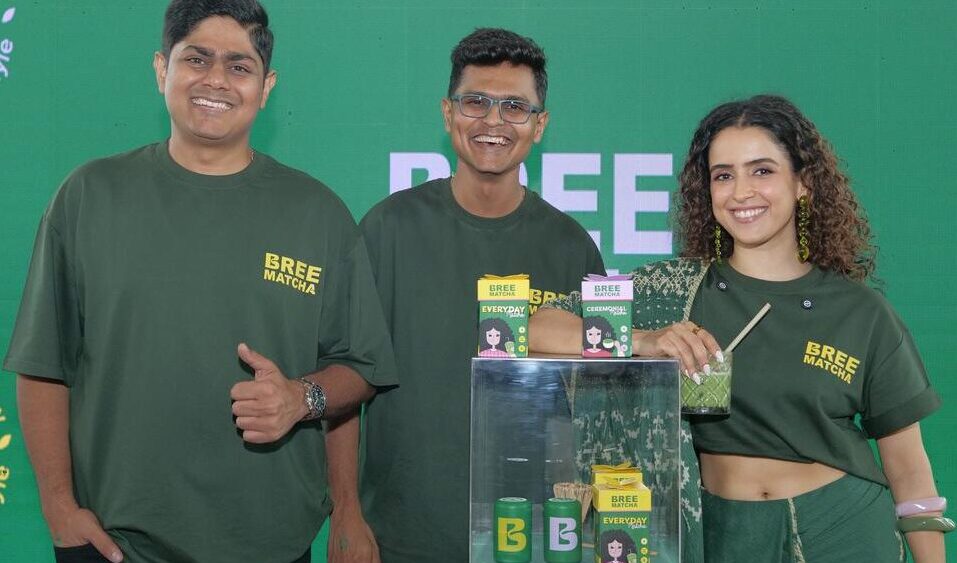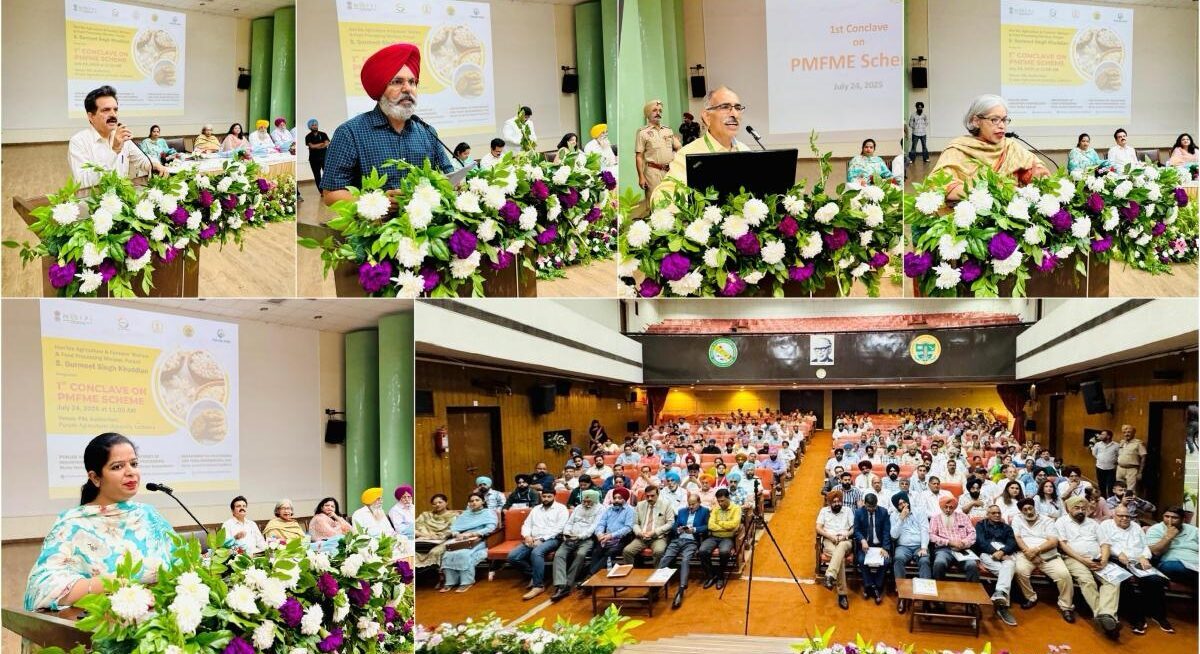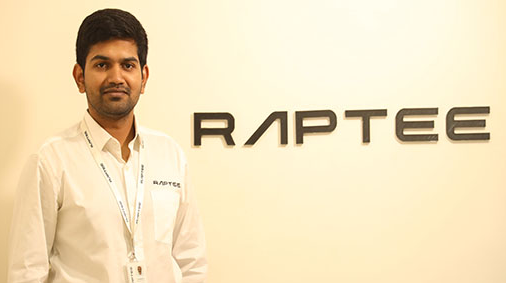EET Fuels, a trading name of Essar Oil (UK) Ltd, has selected Toyo Engineering India Pvt. Ltd. (Toyo-India) to lead the Front-End Engineering Design (FEED) phase of its Industrial Carbon Capture (ICC) project. Toyo-India, a subsidiary of Toyo Engineering Corporation from Japan, is known for its expertise in engineering, procurement, and construction.
EET Fuels, leveraging the expertise of Toyo-India, aims to advance its Industrial Carbon Capture (ICC) project by focusing on innovative solutions that address environmental challenges. With the growing emphasis on sustainability, EET Fuels recognizes the importance of carbon capture technology in reducing greenhouse gas emissions. By partnering with Toyo-India, which has a strong track record in engineering and construction, EET Fuels is well-positioned to implement cutting-edge strategies that will make a significant impact on carbon management in India.
As EET Fuels progresses through the Front-End Engineering Design (FEED) phase, the emphasis on detailed cost analysis and risk management will be crucial in ensuring the project’s success. This phase will provide EET Fuels with the necessary insights to proceed with the final investment decision (FID), marking a significant milestone in their commitment to sustainable practices. By investing in carbon capture technology, EET Fuels aims to not only contribute to India’s climate goals but also to establish itself as a leader in the evolving landscape of carbon management solutions.
Toyo-India will handle essential tasks including the design, risk management, detailed cost analysis, and other key activities. Completing the FEED phase will allow EET Fuels to make a final investment decision (FID) on the ICC project.
Once completed, the ICC project expected in 2028 will capture carbon dioxide from the full-residue fluid catalytic cracking (FCC) unit at Stanlow refinery, one of Europe’s largest. The captured CO2 will be transported through a repurposed gas network and permanently stored in depleted gas fields in Liverpool Bay. This initiative is part of the HyNet industrial decarbonisation cluster in North West England.
The project aims to capture 1 million tons of CO2 annually, reducing about 45% of Stanlow’s emissions. EET Fuels has applied to negotiate with the UK Government for revenue support under the Department of Energy Security and Net Zero’s Track One expansion program for carbon capture, usage, and storage (CCUS). The timeline for the final investment decision will be confirmed as part of this process.









